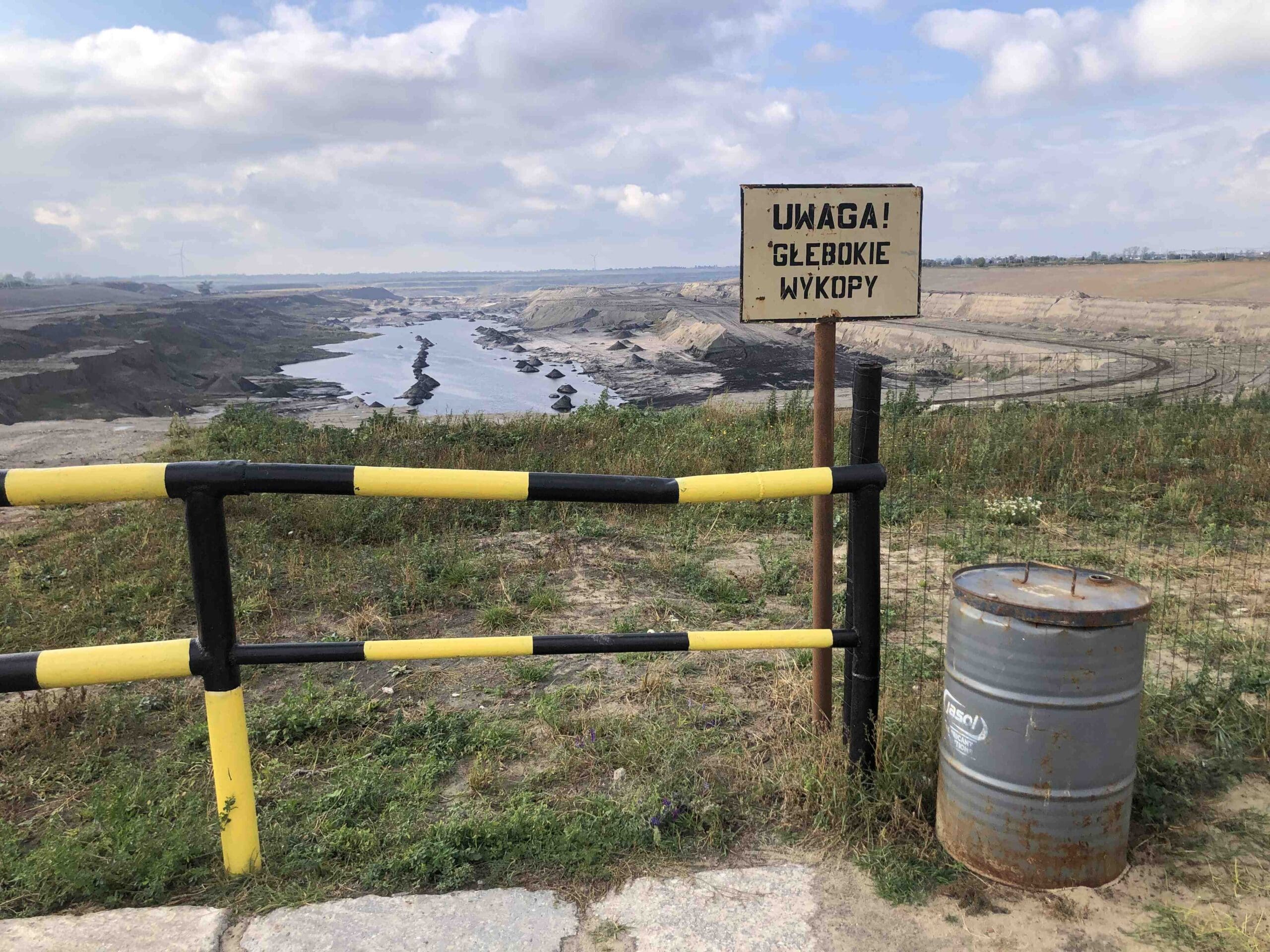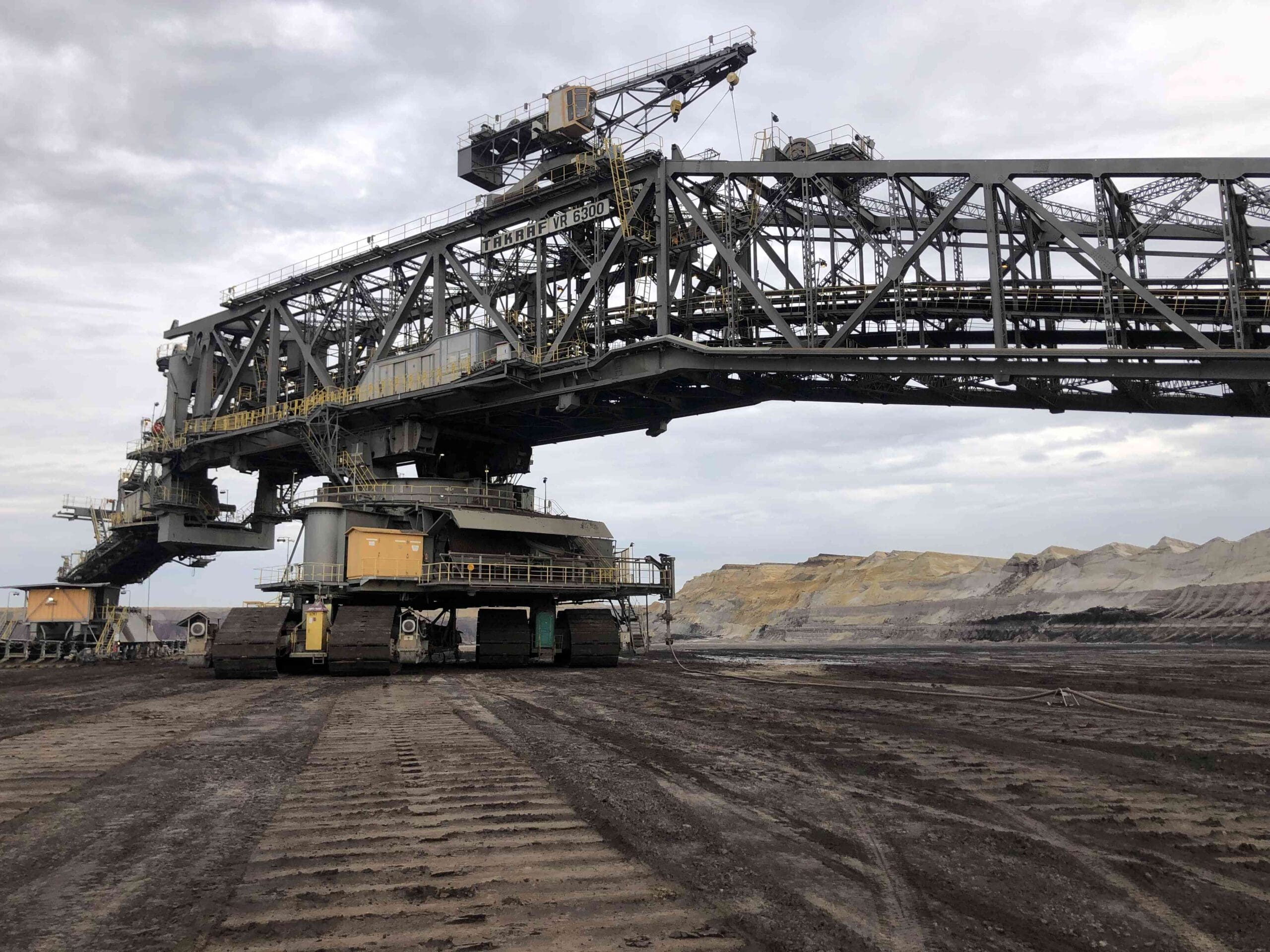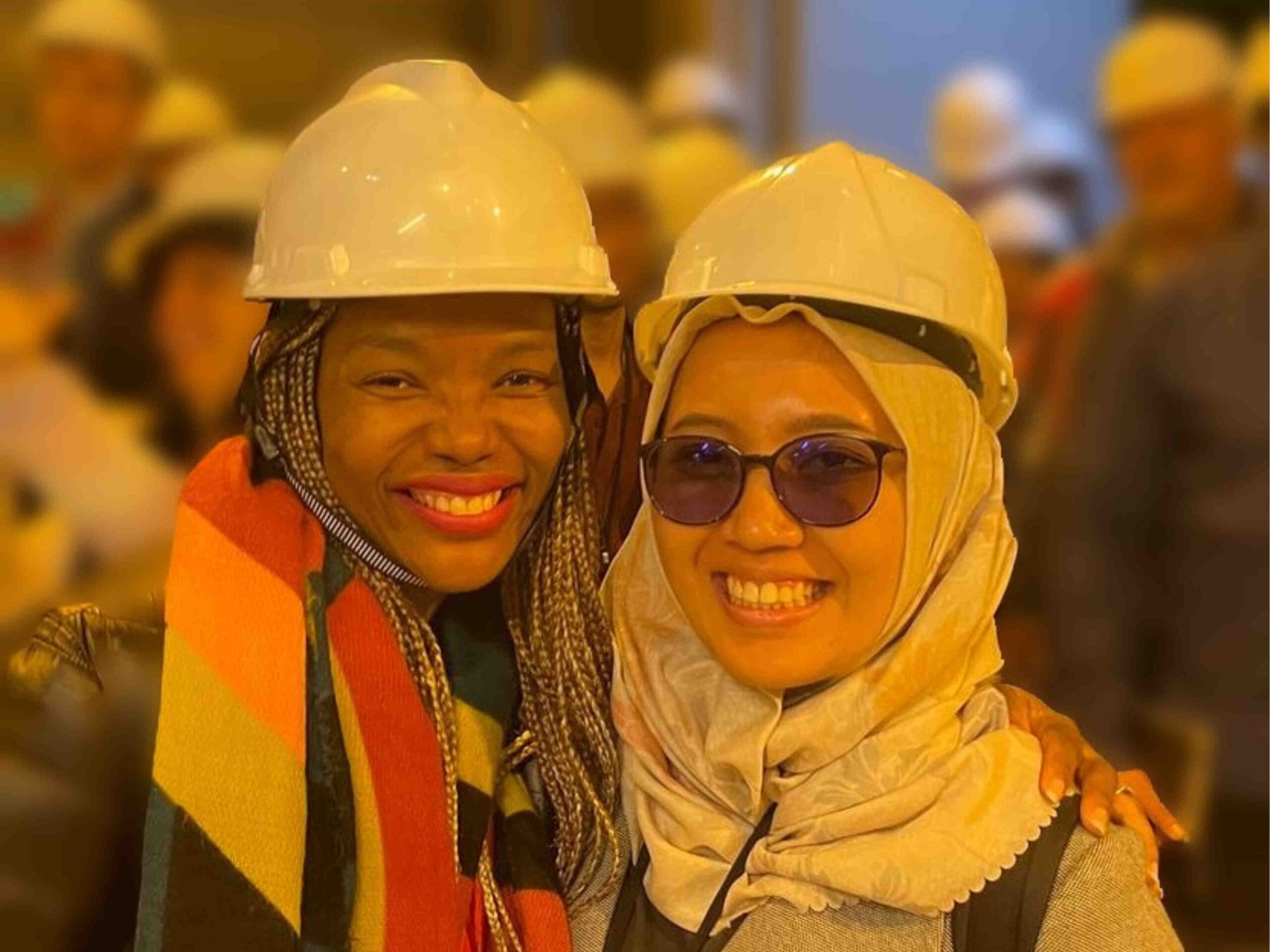Explainer: What is the Just Energy Transition in Coal Regions Knowledge Hub and why is it so important?
What are just energy transitions? How can this Knowledge Hub help facilitate them? We put...

In October 2023, the Innovation Regions for a Just Energy Transition (IKI JET) project organised a study tour to Germany and Poland for stakeholders from the project’s seven partner countries (Colombia, Chile, Indonesia, Mongolia, South Africa, Thailand, Vietnam) as well as representatives from the Philippines. This was carried out under the scope of the project’s Interregional Platform that aims to accelerate and support just energy transitions in accordance with the long-term decarbonisation plans and other sustainable economic activities in these seven partner countries. The tour gave participants the chance to visit coal regions in both countries before it was concluded by the International Forum for Coal Regions in Transition in Berlin.
The participants of the tour were made up of 45 individuals representing delegations from eight coal regions. This diverse group of participants allowed for enriching discussions to take place and for insight into experiences from all over the world to be shared.
During the study tour, participants had the unique opportunity to delve into the heart of just transition issues such as economic diversification, mined-land rehabilitation, and socio-economic impacts. Participants explored former and active coal mines, gaining an in-depth understanding of how coal transitions are managed based on real case studies. They visited Konin in the Eastern Wielkopolska region of Poland, the Lusatia coal mining region in the German states of Brandenburg and Saxony, as well as Feldheim and Berlin in the north-east of Germany.


As participants explored the transition from coal to cleaner energy sources, they encountered some remarkable transformations. Notably, in the Lusatia region, the predominant approach to dealing with former coal mines raised the participants’ interest. Instead of allowing these areas to remain as barren landscapes, they have been ingeniously repurposed into stunning lakes. A similar example is that of Gut Geisendorf, a former mining area that was transformed into a flourishing natural attraction, integrating grass and wildlife. This mine had ceased operations in 2016, showcasing the rapid progress achieved in just a few years.
Another highlight of the study tour was the energy self-sufficient village Feldheim that produces its own heat and electricity with 55 wind turbines. The village also has its own biogas plant, a wood-chip burner, a battery storage system, and a solar power plant. The residents of Feldheim invested in the renewable energy projects and are all co-owners. Showcasing alternative energy supply solutions and investigating opportunities to repurpose coal mines were among the key components of the study tour. The underlying goal was to contribute to the transition away from coal toward a low-carbon energy future that is not just sustainable but also inclusive and equitable.


Concluding the study tour, delegations joined the International Forum for Coal Regions in Transition, an event where delegates had the opportunity to share insights and best practices with fellow participants from the seven partner countries. The conference served as a bridge for peer-to-peer exchange, enabling stakeholders from coal regions across the globe to learn from one another, fostering collaboration and building capacity. The focus was on essential topics like understanding just energy transition, economic diversification and financing a just transition.
Representatives shared how they have strategically approached a just energy transition away from coal in their country and how best to involve stakeholders. Participants also learned of a study on employment in the power sector in Vietnam and heard reflections from Vietnam’s General Confederation of Labour. The session on economic diversification looked at pathways to achieve economic diversification when phasing out coal.
This energy transition dialogue further transcended boundaries as the participants of the study tour engaged in discussions with representatives from European Union member states, the Western Balkans, and Ukraine.
The Innovation Regions for a Just Energy Transition (IKI JET) project is jointly funded by the German Federal Ministry for Economic Affairs and Climate Action (BMWK) under the International Climate Initiative (IKI) and by the European Commission’s Directorate-General for International Partnerships (DG INTPA).
Receive updates on just energy transition news, insights, knowledge, and events directly in your inbox.